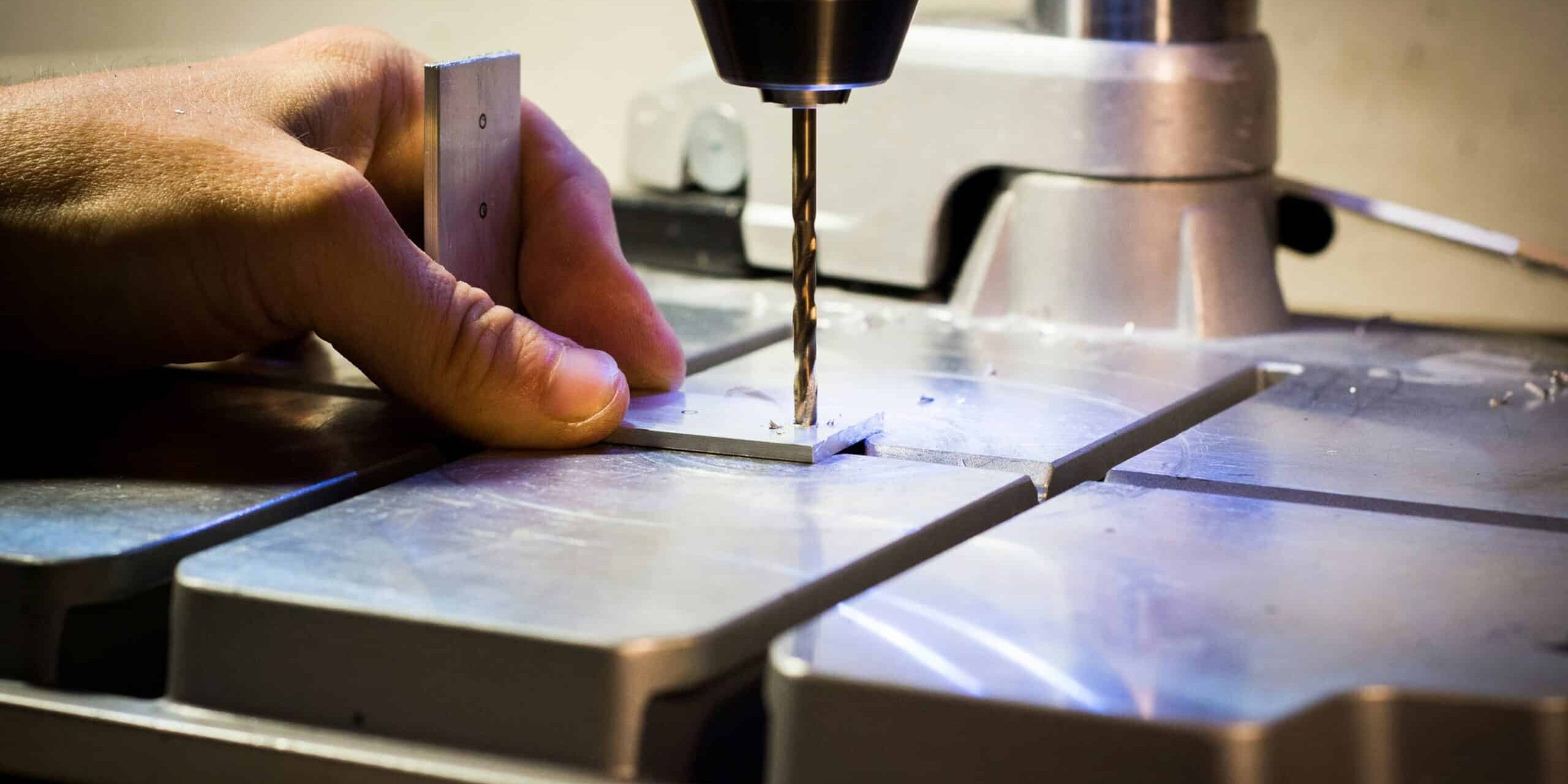In a bold move to strengthen its position in the global supply chain, Indonesia is ramping up investments in its aluminum sector. This initiative is part of a broader strategy to enhance the country’s critical metals supply chain, aligning with its ambitious “2045 Golden Indonesia Vision” to become one of the world’s top five economies.
Indonesia’s focus on developing a robust and integrated metals supply chain is aimed at boosting its competitiveness and fostering sustainable economic growth. Central to this strategy is the government’s emphasis on “down streaming” key commodities such as bauxite, nickel, and copper. By processing these raw materials domestically, Indonesia aims to add value to its exports and reduce its dependence on external markets.
A key aspect of this strategy is the recent ban on bauxite exports, a policy designed to encourage the development of the local aluminum industry. The success of Indonesia’s earlier nickel export ban, which transformed the country into the world’s largest producer of nickel, has set a precedent for similar success in the aluminum sector. With bauxite reserves estimated at 1 billion tonnes, Indonesia is well-positioned to enhance its domestic aluminum production and expand its role in the global supply chain.
The government’s plan includes substantial investment in infrastructure and connectivity to support the aluminum supply chain. By simplifying regulations and streamlining licensing processes, Indonesia is creating an attractive environment for both local and foreign investments in the metals sector. This approach is expected to mirror the successful development seen in the nickel industry, which has benefited from significant Chinese investment in refining capacity.
Political stability and continuous policy support are also driving forces behind these initiatives. The recent election of new leadership is expected to maintain the momentum of previous successes, further solidifying Indonesia’s commitment to developing its critical metals industries.
The focus on aluminum comes as Indonesia’s major smelters, including key facilities, are set to significantly increase their production capacities. Plans are underway to quadruple the country’s aluminum output, ensuring that domestic demand for bauxite and alumina is met and creating opportunities for increased exports of refined products.
Indonesia’s strategic location and abundant natural resources make it an attractive player in the global aluminum market. The country’s initiatives are not only enhancing its domestic capabilities but also contributing to shifts in global supply chains. With other regions facing supply challenges, Indonesia’s growing aluminum sector could provide a reliable alternative source for global markets.
In the realm of electric vehicles (EVs), aluminum plays a crucial role due to its use in lightweight vehicle components and battery systems. Indonesia’s push to develop its aluminum sector aligns with its broader goals to become a key player in the EV industry, with plans to produce 600,000 electric vehicles by 2030. This aligns with the country’s partnerships with leading EV manufacturers and its increasing importance in the automotive supply chain.
Overall, Indonesia’s strategic investments and policies are setting the stage for significant advancements in its aluminum supply chain, positioning the country as a vital link in the global supply chain for critical metals.
#ICTTMNews #BreakingNews #SupplyChainNews #AluminiumInvestment #IndonesiaEconomy #GlobalTrade #CriticalMetalsStrategy







